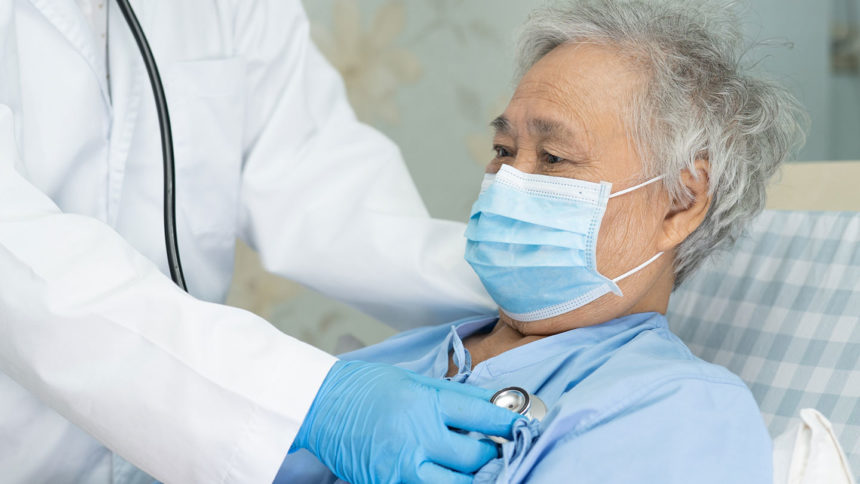
A significant percentage of patients with COVID-19-related pneumonia will develop long-term pulmonary problems, no matter the severity of the original disease, a new study from Spain has found.
Scans showed that nearly 40% of 488 patients with bilateral pneumonia linked to COVID-19 had impaired lung functioning one year after hospitalization. Investigators also identified radiological fibrotic-like changes, or scarring, on chest computed tomography scans in almost 23% of the study participants.
These post-COVID problems were not tied to other markers of severity previously described in cases of acute respiratory distress syndrome (ARDS), such as need for mechanical ventilation, however. This is an important finding, as a third of COVID-19 hospital patients have been shown to develop ARDS, which is a life-threatening condition, the researchers noted.
In addition, although patients with more severe disease showed higher diffusion, or lung function impairment at two months after hospital discharge, there was no significant difference between different COVID-19 severity levels at six and 12 months.
The results highlight the potential burden of long-lasting health problems related to COVID-19, the investigators said.
Many more patients are able to survive severe COVID-19 when compared to survival rates at the start of the pandemic. But this may also mean that millions of these survivors could be affected by lasting pulmonary illness, “which could lead to a clear deterioration in quality of life,” the authors concluded.
The study was published in Respiratory Research.
Related articles:
Next COVID-19 wave may be chronic lung disease, study suggests
Pulmonary rehab may ease COVID pneumonia recovery, follow-up study shows
Damage often visible in seniors’ lungs 1 year after COVID-19 recovery
Lungs heal well after acute COVID-19 — despite long recoveries: study



